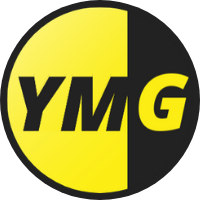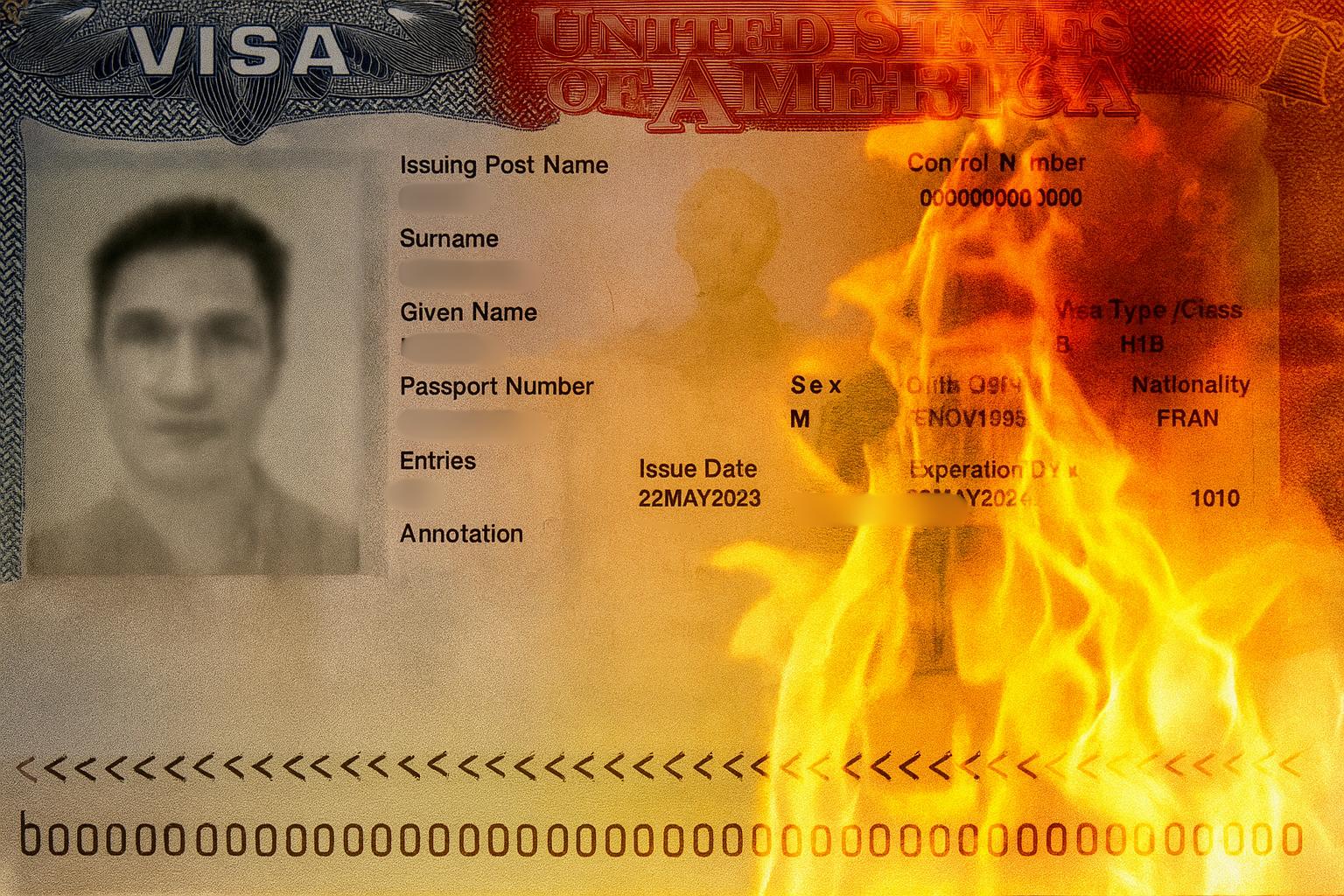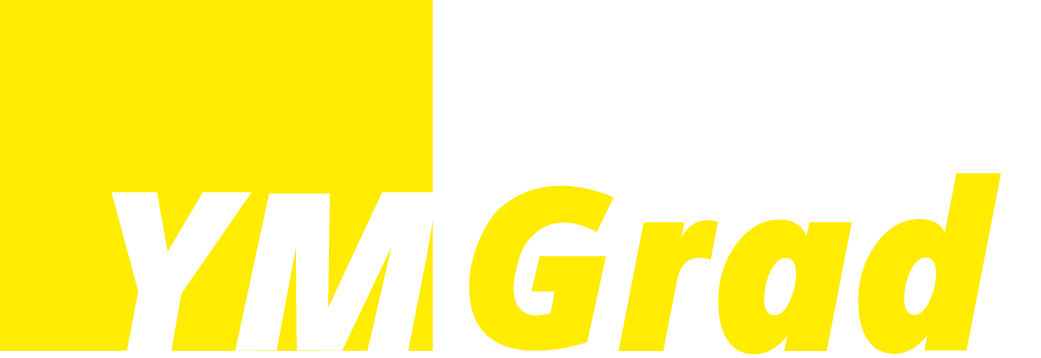US Visa Blacklisted Universities: How to Identify and Avoid

.jpg)
The dream of studying in the USA burns bright for countless international students. But that dream can shatter abruptly at the visa interview stage. While there’s no official US government "blacklist" of universities, a harsh reality exists: certain institutions have gained notorious reputations for alarmingly high student visa rejection rates. Attending one of these universities can dramatically increase your chances of a heartbreaking visa denial, regardless of your individual merits. Understanding why these "visa trap" universities exist and how to spot them is crucial for protecting your future.
Spotting a Potential Visa Trap University
The problem of high visa rejection rates for certain US-based universities often stems from questionable priorities and purpose. While legitimate universities focus on education, research, and balanced student bodies, some institutions operate with a primary focus on profit from international student tuition fees. This leads to practices that raise massive red flags for regulatory bodies within the US as well as the visa officers (consular officials).
The Major Red Flags
- 1
Sky-High Acceptance Rates (95-100%)
This is perhaps the biggest warning sign. Legitimate US universities are selective. An acceptance rate nearing 100% signals a severe lack of academic standards. Visa officers see this as an institution admitting anyone who can pay, not qualified students genuinely pursuing education. It screams "diploma mill" or "visa mill."
- 2
Extremely High International Student Concentration
While diverse campuses are positive, a campus where international students (often from a single country like India) make up 70%, 80%, or even 90%+ of the student body, with vanishingly few domestic students, is a major concern. It suggests the university exists primarily to enroll international students for revenue, not to serve its local community or maintain academic rigor valued by American students.
- 3
Aggressive Pitch by Visa Consultants
Unscrupulous universities often offer significant commissions ("cuts") to education agents and visa consultants for every student they recruit. This creates a perverse incentive: consultants push students towards these universities because it's lucrative for them, not because it's the best fit for the student. Be deeply suspicious if a consultant is overly insistent on one specific, lesser-known university.
- 4
"Day 1 CPT" as Selling Point
Curricular Practical Training (CPT) is a legitimate program allowing students to gain work experience related to their studies. However, some universities explicitly market "Day 1 CPT" – the ability to work full-time off-campus literally from the first day of classes – as their main attraction. Visa officers are well aware that this is often a loophole used primarily for extending US stay and working, not for genuine study. If a university heavily advertises Day 1 CPT upfront, it's a giant red flag.

- 5
Lack of Rigorous Admissions Requirements
Consistently waiving GRE/GMAT scores, accepting very low GPAs without question, requiring minimal English proficiency proof, or having an unrealistically simple application process all signal low standards. Visa officers expect serious students to have undergone a competitive selection process.
Who Gets Trapped?
- 1
Students with Weak Profiles
Those with low academic scores, gaps in education, lack of standardized tests (GRE/GMAT), or limited financial proof are often targeted by agents pushing these "easy admission" universities. These students see it as their only chance, unaware of the visa risk.
- 2
Students Prioritizing Stay Over Study
Individuals primarily seeking a way to enter or remain in the US (often via Day 1 CPT) may actively seek out these institutions, underestimating the visa hurdle.

Students with Weak Profiles
Those with low academic scores, gaps in education, lack of standardized tests (GRE/GMAT), or limited financial proof are often targeted by agents pushing these "easy admission" universities. These students see it as their only chance, unaware of the visa risk.
Students Prioritizing Stay Over Study
Individuals primarily seeking a way to enter or remain in the US (often via Day 1 CPT) may actively seek out these institutions, underestimating the visa hurdle.
- 3
The Uninformed or Misled
Students who rely solely on aggressive agents promising "guaranteed visas" without doing independent research are highly vulnerable.
To Get Complete Application Assistance, Sign Up Today
The Devastating Consequences
Choosing a random American university isn't just a gamble; it's often a prelude to disappointment:

High Visa Rejection Rates
Rejection rates can be significantly above the average. Consular officers are trained to spot the red flags associated with these institutions. Your application is immediately under heightened scrutiny, and the burden of proof that you are a bona fide student is much higher.

Wasted Time and Money
Application fees, potential agent fees, and the emotional toll of rejection are substantial losses.

Future Visa Complications
A previous visa denial, especially linked to a questionable university, can negatively impact future US visa applications.

Poor Educational Value
Even if you get the visa, the quality of education and campus resources at these institutions is often subpar. Your degree may hold little value with future employers or for further studies.

How to Avoid Visa Trap Universities

Research Relentlessly!
Don't rely solely on agents. Use official sources:
SEVP Certified School List
Verify the university is certified to enroll international students.
Accreditation
Check for regional accreditation (the gold standard in the US) via CHEA. Be wary of only national or dubious accreditors.
University Websites
Scrutinize acceptance rates (if published), student body demographics, and program details. Legitimate universities are transparent.

Beware of Too-Good-To-Be-True Offers
Ultra-high acceptance rates, guaranteed admissions with low scores, heavy Day 1 CPT promotion, and pressure from agents are major warnings.

Look for Balance
A healthy mix of domestic and international students is a positive sign of a legitimate academic environment.

Seek Genuine Guidance (Be Wary of Agents)
Consult independent advisors whose income isn't tied to commissions from specific universities.
The Bottom Line: Protect Your Future
Choosing the right university is the first critical step towards securing your US student visa. While no one can guarantee visa approval, attending a university with a strong reputation, rigorous standards, and a balanced student body dramatically strengthens your application. Avoid the heartbreak and financial loss associated with "visa blacklisted" universities by recognizing the red flags and investing in informed ethical guidance.
Don't Leave Your US Dream to Chance!
Get a profile evaluation and university shortlisting strategy that protects your dream.




